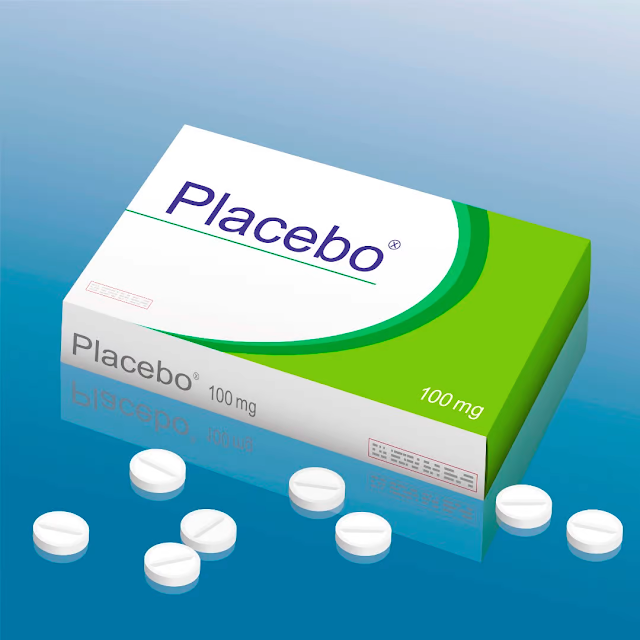SMART Recovery: What's the Difference?
By Tammah Watts
We are now offering MiraCosta students a Recovery Support Group that is SMART Recovery informed and facilitated by a licensed counselor from the Health Services Department.
Some of you have been asking, “What’s the difference between SMART Recovery Support Groups and 12-Step Recovery Support Groups?”
First, I’d like to share with you how these programs are SIMILAR:
BOTH ARE:- Free
- Confidential
- Diverse
- Available in in-person and online formats
- Able to offer Verification of Attendance for legal and other needs
- Structured to promote learning from others with similar challenges and goals
- Facilitated by non-profit organizations locally, nationally, and internationally
- Recognized by governmental and private entities including SAMSHA, NIH, and academia
Next, I’d like to share with you the primary DIFFERENCES between the two recovery support models:
SMART Recovery (Self-Management And Recovery Training):
- Established in 1994
- FOCUS: Self-empowerment, Courage, Activity
- FOUNDATION: Scientific and evidenced-based
- PURPOSE: Based on individual goals
- PRINCIPLES: 4-Point Program: 1) Building and maintaining motivation, 2) Coping with urges, 3) Managing thoughts, feelings, and behaviors, and 4) Living a balanced lifestyle utilizing cognitive behavioral methods and problem-solving
- EMPHASIS: “The power of CHOICE”
- ADDICTION AS A DISEASE: Up to the participant
- ACCEPTANCE OF MODERATION: Up to the participant
- Non-confrontational
- Motivational methods
- Can complement other treatment modalities
- Encourages conversations, healthy social interactions, and group activities
- No sponsors
- Focused on preventing maladaptive behaviors, not labels (alcoholic, drug addict etc.)
- No counting days requirement
- No hierarchy
- Promotes the sharing of everyone’s experiences
- Avoids direct advice giving
- No lifetime attendance requirement
12-STEP Recovery (Alcoholics Anonymous or AA):
- Established in 1935
- FOCUS: Serenity, Acceptance of Powerlessness, Higher Power
- FOUNDATION: Spiritual-based; Religious and use of God
- PURPOSE: Abstinence
- PRINCIPLES: 12 Steps
- EMPHASIS: Admit powerlessness over alcohol and other addictions. Use of prayer and meditation and seeking help from higher power.
- ADDICTION AS A DISEASE: Yes
- ACCEPTANCE OF MODERATION: No
- Listening to speaker
- Use of sponsors
- Use of labels to identify problem
- Promotes counting/monitoring days of sobriety
- Encourages lifetime attendance
- Hierarchy of leadership/meetings




Comments
Post a Comment